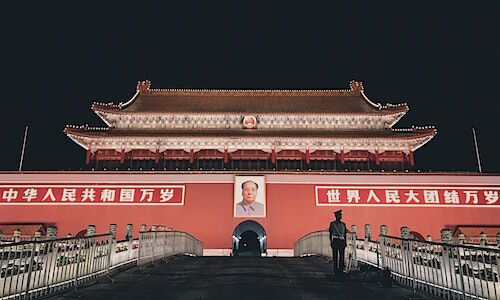Chinese Government Opts for Direct Central Bank Access?
An existing rule forbidding the central bank from directly funding government spending could be reversed, further empowering the administration in Beijing.
Liu Shangxi, president of finance ministry-affiliated think tank Chinese Academy of Fiscal Sciences, proposed that the People’s Bank of China (PBoC) buy tranches of special treasury bonds – also an idea he recently proposed and is now being implemented – directly at zero interest rate. The PBoC is set to issue 5 trillion yuan ($700 billion) of special treasury bonds to support economic stability in the midst of the coronavirus pandemic.
The move would require Chinese authorities to reverse a ban disallowing direct funding of the ministry via the central bank – a practice Liu called «outdated».
Hyperinflation Risk
The ban against direct central bank funding exists to curb risks of hyperinflation associated with abundant money supply without real economic growth. Perhaps the most renowned example was demonstrated in 1923 Weimar Germany when monthly inflation peaked at 29,500 percent in October – the equivalent of prices doubling every 3.7 days.
But Liu, also a member of the Chinese People’s Political Consultative Conference, said that chance of such an outcome materializing in today’s environment is «almost zero», adding that «neither quantitative easing nor a low-interest rate [environment] has led to inflation».
The National People’s Congress will meet later this month to provide more clarity on China's economic policy moving forward.






















